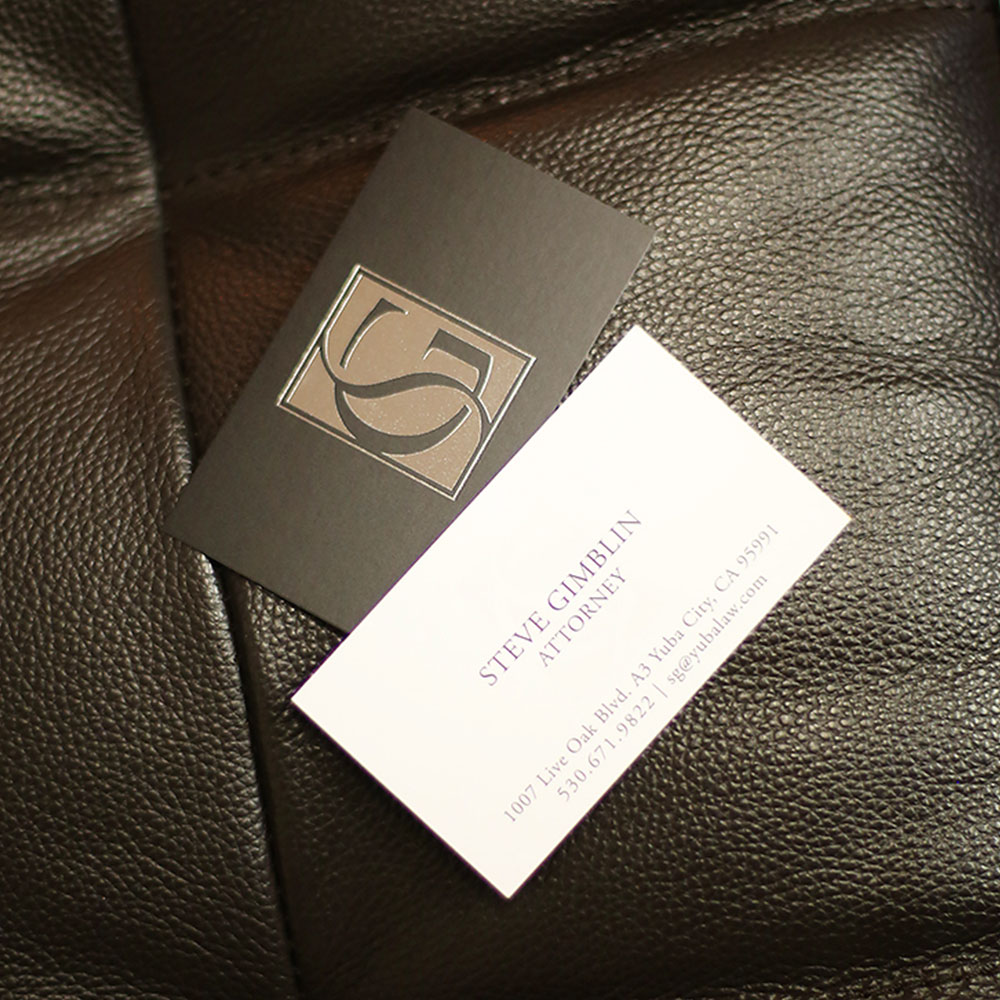
YUBA CITY CONSUMER PROTECTION LAWYER
No Win No Fee Guarantee. Always Free Initial Consultations.

Steve is dedicated to making sure that YOUR Consumer Rights are protected and enforced. Steve is also committed to helping consumers by educating them about their rights and taking aggressive action when their rights are violated, including debt settlement and bankruptcy assistance.
Initial consultations with the Steve Gimblin Personal Injury & Car Accident Lawyer are always free, and in most instances we accept consumer protection cases with no upfront attorney fees—meaning there’s no attorney fee unless we WIN. In fact, many consumer protection laws make the offending company PAY YOUR ATTORNEY FEES AND COSTS when you prevail! Consultations are always risk-free and informative.
FAIR DEBT COLLECTION PRACTICES ACT
This federal law, and its California counterpart commonly known as the Rosenthal Act, protects consumers from harassing debt collection methods. Common examples of debt collection harassment include:
Overly aggressive or threatening debt collection;
Name calling;
Threatening legal action that cannot or will not be taken (threatening to sue you when the debt collector cannot sue you or has no intent to sue you)
Threatening jail time;
Disclosing your debt to friends or family;
Multiple calls designed to harass;
Calls at work if you’re not allowed to take calls or have asked the debt collector not to call you there;
Any other rude, unfair or disrespectful debt collection methods.
Yuba City Consumer Protection Lawyer FAQs
If you think you have been scammed or want to learn about your rights as a consumer, read our Yuba City Consumer Protection Lawyer FAQs. We aim to answer some of your most pressing questions about Consumer Protection Law here but you can always contact us if you need help with your case!


FAIR CREDIT REPORTING ACT
This federal law protects consumers and their credit reports from improper or inaccurate credit reporting and credit report access. Common examples of violations of the Fair Credit Reporting Act include:
Inaccurate reporting in any sense;
Impermissible credit pulls (creditors pulling your credit report without your permission);
Reporting of someone else’s credit history in your credit report;
Judgments reported that aren’t yours;
False or misleading credit reporting;
Re-aging of debt (reports showing credit activity with inaccurate dates);
LEMON LAW AND AUTOMOBILE FRAUD
Issues involving warranty and problematic used and new vehicles. Includes motorcycles and watercraft in some instances. Common violations include:
Misrepresentations at the dealership where you purchased your car;
Yo-yo sales (Dealer attempting to force you to return a car after purchase);
Problematic vehicles that have mechanical and/or other issues making them a “lemon;”
Repeated repairs;
Having to constantly deal with car problems from newly purchased vehicle;
Dealership fraud in the sales transaction including changing finance numbers or mischaracterizing the deal.


TELEPHONE CONSUMER PROTECTION ACT
Federal law regulating the use of auto-dialing or robo-dialing (among other issues) software and equipment to call consumers. Offenders typically include debt collectors, banks, advertisers and businesses. Common violations include:
Calls generated by an automated system (think pre-recorded message and/or computer speaking when you answer your phone) made to cell phone without your having given express consent (or if you have revoked consent);
Junk faxes soliciting for business;
Unwanted advertisement calls made to cell phone;
Unwanted or unsolicited text messages;
IDENTITY THEFT
If you have been the victim of identity theft and are being sued for debt that is the product of identity theft we can help! If companies are attempting to collect debt that is the product of identity theft, we can HELP! If you have a judgment that is the product of identity theft WE CAN HELP!





